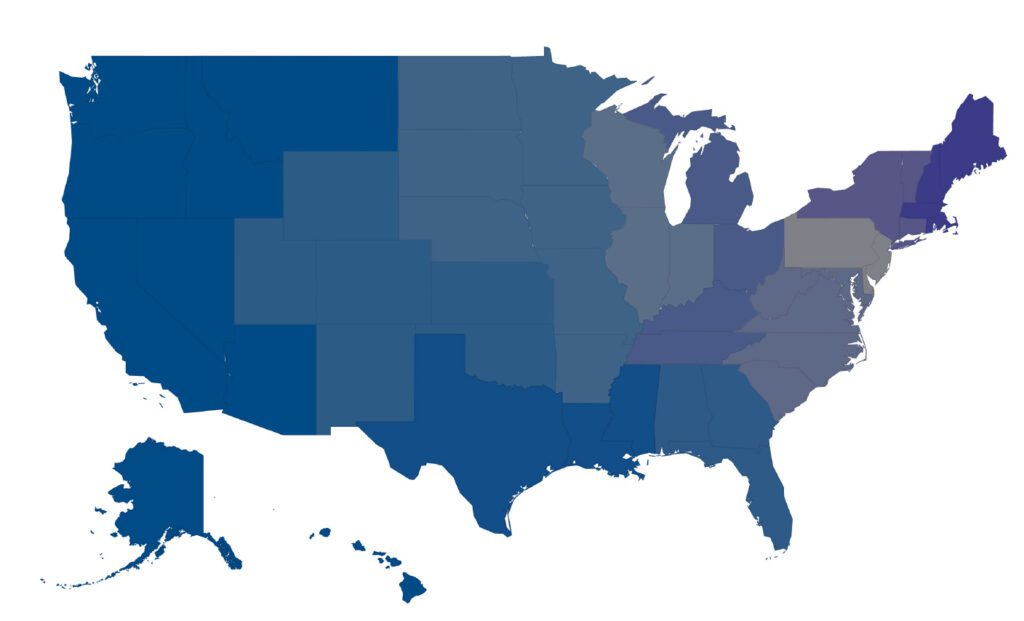Montana Rules of Civil Procedure
Rule 62 (D) – Stay with Bond on Appeal.
“(d) Stay with Bond on Appeal. If an appeal is taken, the appellant may obtain a stay by supersedeas bond, except in an action described in Rule 62(a)(1) or (2). The bond may be given upon or after filing the notice of appeal or after obtaining the order allowing the appeal. The stay takes effect when the court approves the bond.
(e) Stay without Bond on an Appeal by the State of Montana, Its Officers, or Its Agencies. The court must not require a bond, obligation, or other security from the appellant when granting a stay on an appeal by the State of Montana, its officer, or its agencies or on an appeal directed by a department of the State of Montana.
(f) Security Other Than Bond — Stipulation of Parties.
(1) In all cases under this rule where supersedeas bond or other terms that secure the opposing party’s rights are required, the court, in its discretion, may allow alternate forms of security other than a bond, when adequate equivalent security is provided and the appealing party can show that the judgment creditor’s recovery is not in jeopardy.
(2) In all cases, the parties may by written stipulation waive the filing of security.[…]
Mont. Code Ann. § 25-12-103
” (1) Except as provided in subsection (2), in order to ensure that financial considerations do not adversely impact the right of appeal, in civil litigation under any legal theory, the supersedeas bond to be furnished in order to stay the execution of the judgment during the entire course of appellate review, including review by the United States supreme court, may not exceed $50 million, regardless of the amount of the judgment.
(2) If an appellee proves by a preponderance of the evidence that an appellant is dissipating assets or is likely to dissipate assets outside the ordinary course of business to avoid the payment of a judgment, a court may require the appellant to post a bond in an amount up to the amount of the judgment.”

**In Federal cases the bond requirement is governed by Federal Rule of Civil Procedure “62(b) Stay by Bond or Other Security. At any time after judgment is entered, a party may obtain a stay by providing a bond or other security. The stay takes effect when the court approves the bond or other security and remains in effect for the time specified in the bond or other security.”**
The information contained on our site is for general information purposes, and you should consult with your attorney for the most up to date civil code or local rule that applies to your case.
Choose the State...
Experience the CSBA Difference today
Expert Guidance • First-Class Service • More Options








